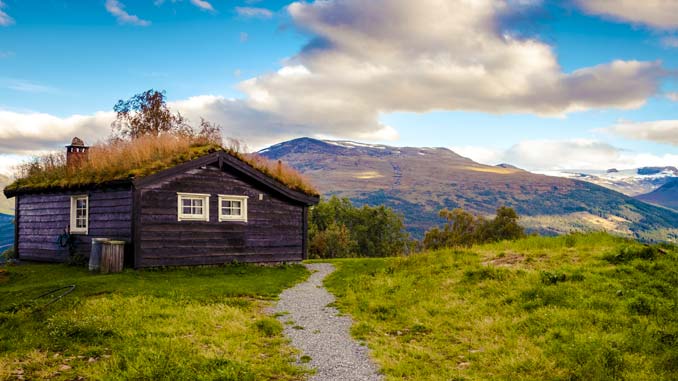
The best places to live off the grid have a few things in common. The Main Factors To Consider When Picking A State
#Living off the grid professional
Also, if you have kids, you need to notify the state if you’re homeschooling them and submit their test scores along with occasional professional evaluations of their progress. If you want to avoid these you’ll need to exclusively look at rural areas.Ī couple of other factors that may discourage the homesteader are the unusually strict building codes and residential land use regulations. This includes a high population density and high living costs. However, there are some challenges you’ll have to overcome when it comes to living off the grid in Washington. Interestingly enough, the state actually encourages you to collect rainfall and also allows you to keep several types of livestock. There’s also an average annual rainfall of nearly 39 inches and an average annual snowfall of over 200 inches in the Cascade Range The state’s long growing season and affordable land prices are some of the most attractive factors to consider when thinking about a warm state for living off grid.Īn average summer temperature of 80 degrees and an average winter temperature of 45 could easily lure the serious homesteader to Washington. Known for its warm, dry climate, Arizona has long been a destination for those seeking a healthy and comfortable environment.
#Living off the grid free
There are no gun laws, so you can feel free to hunt at your pleasure! One bonus of the cold weather is you can safely preserve your food without the need to smoke or salt it. You’ll find an abundance of fish in those waters, and plenty of other natural resources, such as wood and wild game, abound. All this moisture provides lakes and freshwater streams with ample water. There’s plenty of moisture for gardening with an average annual precipitation of 16 inches inland and an average snowfall of over 70 inches. Needless to say, you have to ensure you build a well-insulated shelter. Northern areas of the state can experience temperatures colder than 65 degrees below zero, although the statewide average winter temperature is 37 degrees above zero. This, of course, leads to the most negative factor in living off-grid in Alaska, and that’s the weather. However, you need to provide your livestock with a fenced pasture and warm shelter. You may garden at your pleasure and raise farm animals. The kids will be happy to know that they don’t need to take standardized tests, and there are no inspectors to check on them either! Homeschooling is virtually unregulated in Alaska, and you don’t even need to notify the state when you’re homeschooling your kids.

This makes Alaska a very attractive option if you want to keep things cheap. In fact, only 25 municipalities in the state impose a property tax at all! There’s no income, sales, or estate taxes. Texasīoasting a long growing season and affordable land in its remote regions, Texas is a great state for farming. In fact, you needn’t even notify the state if you’re homeschooling your kids. The cost of living and taxes are low compared to many other states, and there are few regulations on homeschooling.

This is especially true in the state’s mountainous areas, making Missouri an excellent place for both farming and hunting. Natural resources such as water, timber, and wild game are plentiful. Needless to say, Missouri is a great place for growing crops and year-round grazing. Add that to the fact that the state receives over 40 inches of rain and 25 inches of snow annually. The state experiences a temperate climate with long, warm and humid summers and short, relatively mild winters. In part due to the low price of land, Missouri is an excellent place for growing your own food. There are also no laws requiring wells or septic tanks and no building or zoning codes in some of the state’s rural areas. For starters, there are no restrictions on collecting rainwater.


 0 kommentar(er)
0 kommentar(er)
